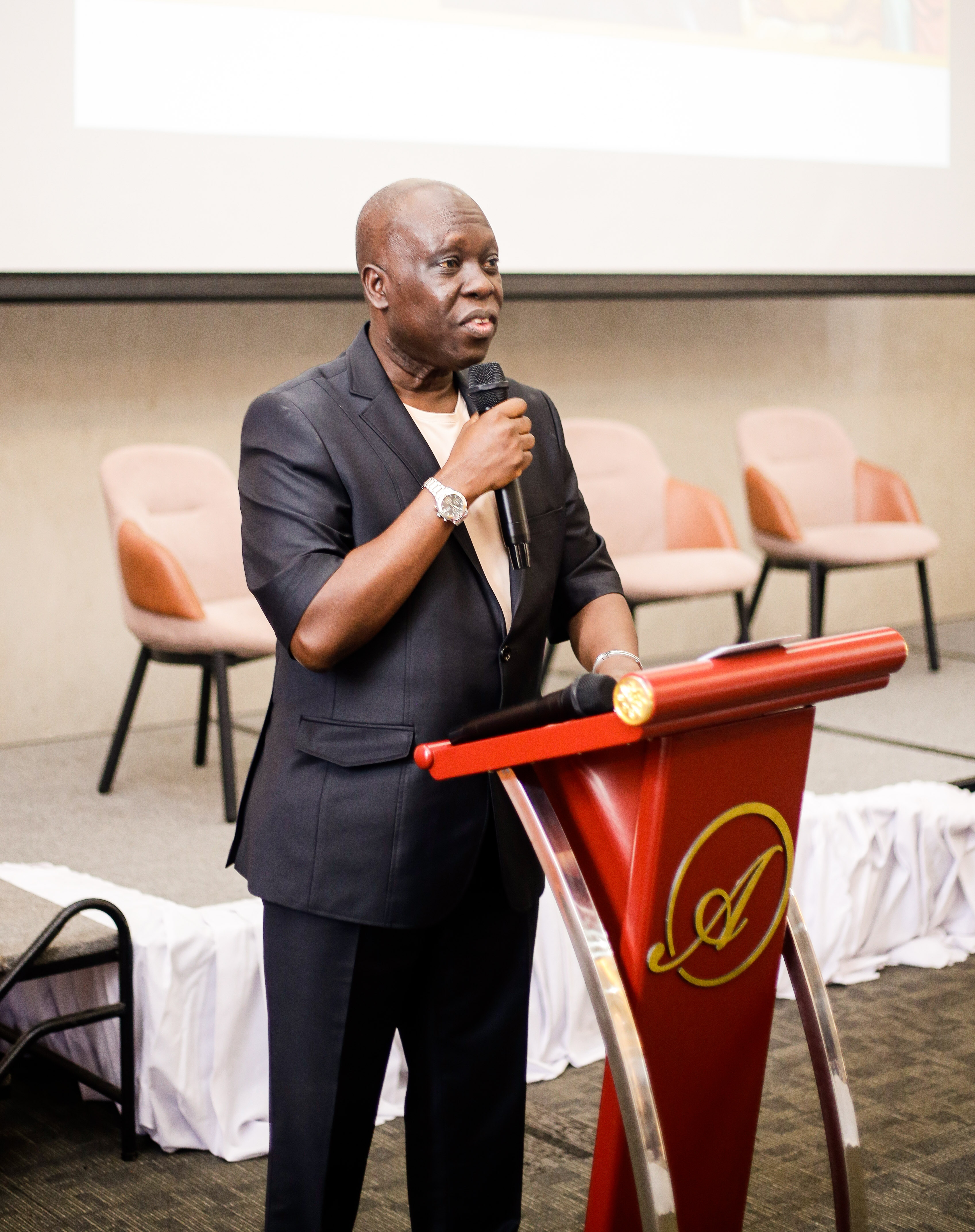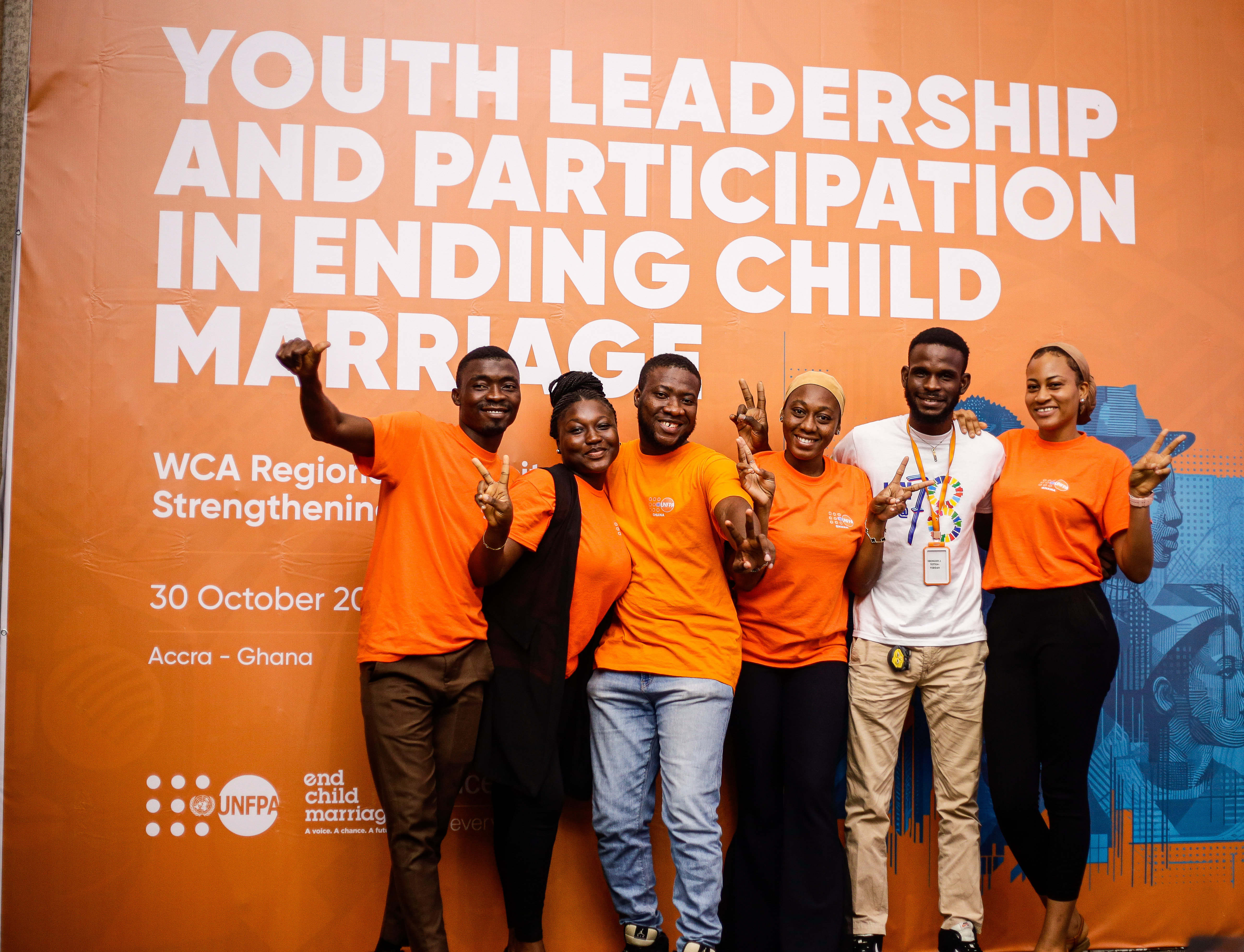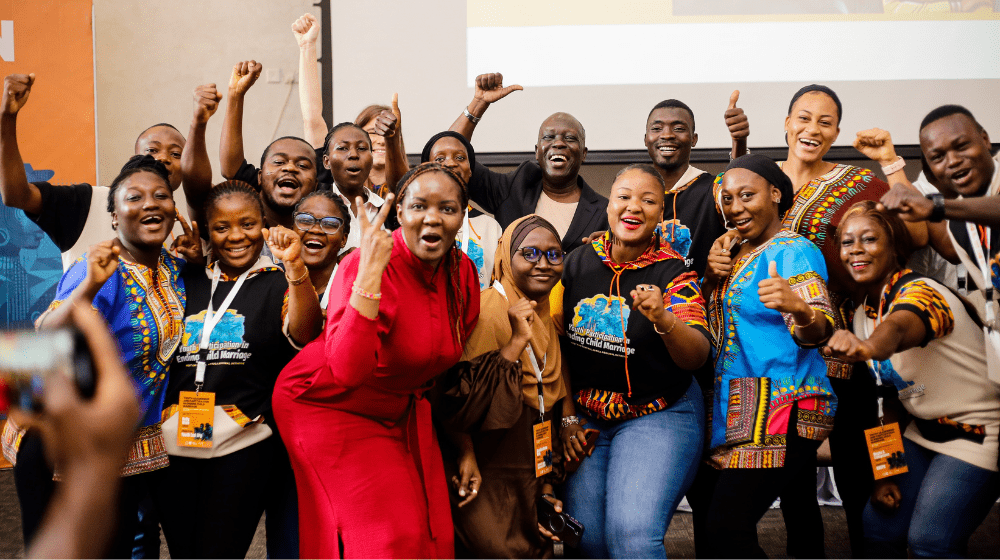Child marriage violates the rights of girls and is a stumbling block to their dignity. Often, girls forced into early marriages suffer complications in pregnancy or during childbirth. As a harmful practice, UNFPA advocates for an end to it to protect the lives of women and girls. Recently, the UNFPA West and Central Africa Regional Office (WCARO) hosted a Youth Leadership and Participation Workshop in Ghana to mobilized youth voices as advocates for ending child marriage.
This workshop formed part of the broader Global Programme to End Child Marriage (GPECM), a collaborative effort between UNFPA and UNICEF that has been in existence since 2016. The second phase of the program is nearing closure ahead of the rollout of the third phase, from 2024 to 2030.
At the closing ceremony of the workshop, Minister for Chieftaincy and Religious Affairs, Hon. Stephen Asamoah Boateng, drew the attention of participants to the alarming statistics in the region, where a staggering 238 million girls have experienced forced marriage before their 18th birthday, ranking the region second in global child marriage prevalence.
‘In the West and Central Africa region, 238 million girls have been forced into marriage before the age of 18, making it have the second-highest child marriage prevalence worldwide”, he said. “This practice has cast a long shadow over the health, education, and overall development of our adolescents and youth”, the minister added, calling on the youth to speak and work against it.
In his remarks, the UNFPA Country Representative, Dr. Wilfred Ochan said, ‘We need to accelerate actions to end child marriage, adding that, ‘Men and boys need to be at the centre of these efforts.’ He equally pledged his support to working with the Government of Ghana through its institutions to curb the menace.

UNFPA Representative, Dr. Wilfred Ochan, making remarks at the workshop.
Nelly Wiah, a participant from Liberia, urged young people to work together to foster change. Nelly indicated that although child marriage may not be as common in her native country, financial constraints occasionally force young girls to pursue relationships with older men when they were not ready for marriage.
At the end of the workshop, participants agreed and developed a strategy to include youth in policy-making and social change through cultural transformation.

Some UNFPA Ghana Youth Leaders (YoLe) Fellows who participated in the workshop.


